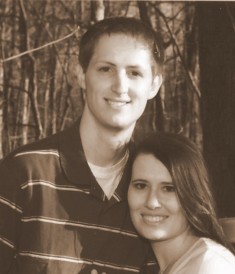Book Report: Mafia and the Machine

 The Mafia and the Machine, by Frank Hayde was a book I randomly came upon when reading about the Sicilian mafia's ties to Kansas City. I ended up ordering it from Amazon and read it in about 2 days. The book was relatively short and easy to read and was helped by a lot of interesting material that the book covered.
The Mafia and the Machine, by Frank Hayde was a book I randomly came upon when reading about the Sicilian mafia's ties to Kansas City. I ended up ordering it from Amazon and read it in about 2 days. The book was relatively short and easy to read and was helped by a lot of interesting material that the book covered.The "machine" is a reference to the Pendergast political machine of the early 20th century in Kansas City which controlled the city through voting fraud, intimidation, and political favors. The names are familiar to most Kansas Citians, when we read about William Rockhill Nelson and the Kansas City Star's opposition to the machine, as well as Pendergast's contributions to the city, such as Brush Creek and the paving of a large portion of the city by Pendergast's Ready-Mix company. The book also details the lives of the machine's founder, "Big Jim" Pendergast, as well as its successor, T.J. "Boss Tom" Pendergast. The most interesting part of the machine's portion of the book is the machine's relationship to Harry Truman's political career and his friendship with Boss Tom, despite Washington urging Truman to essentially ignore Boss Tom.
The Sicilian mafia's activities in KC comprised the second section of the book, including the Valentine's Day Massacre at Union Station, the River Quay saga, and the KC mafia's ties to Las Vegas. Columbus Park served as home to the Sicilians, housing nearly 18,000 Italians at its height, which has now dwindled down to 300. The book did a great job at highlighting the characters in the mafia rather than emphasizing its activities. From machine-appointed police commissioner John Lazia to Nick Civella, the boss of the KC family, the reader learns of the people who were quietly a strong influence in "wide open" Kansas City from the prohibition era to the latter half of the 20th century. Many local names and places are easily recognizable to Kansas Citians, making the reading experience especially interesting.
Overall, the book did a great job at discussing the history of Kansas City, including its reputation as a growing, lively, city which transformed into its current state of having very little of an identity. The influence of both the machine and the mafia over the formation was fascinating, making this book an easy start at discovering the city's formative influences that extended to what Kansas City is today.
Labels: books


1 Comments:
sounds just like a review for the kc star! maybe the winstom-salem paper needs a law school grad book reviewer!! potential career possibility!!!
Post a Comment
<< Home